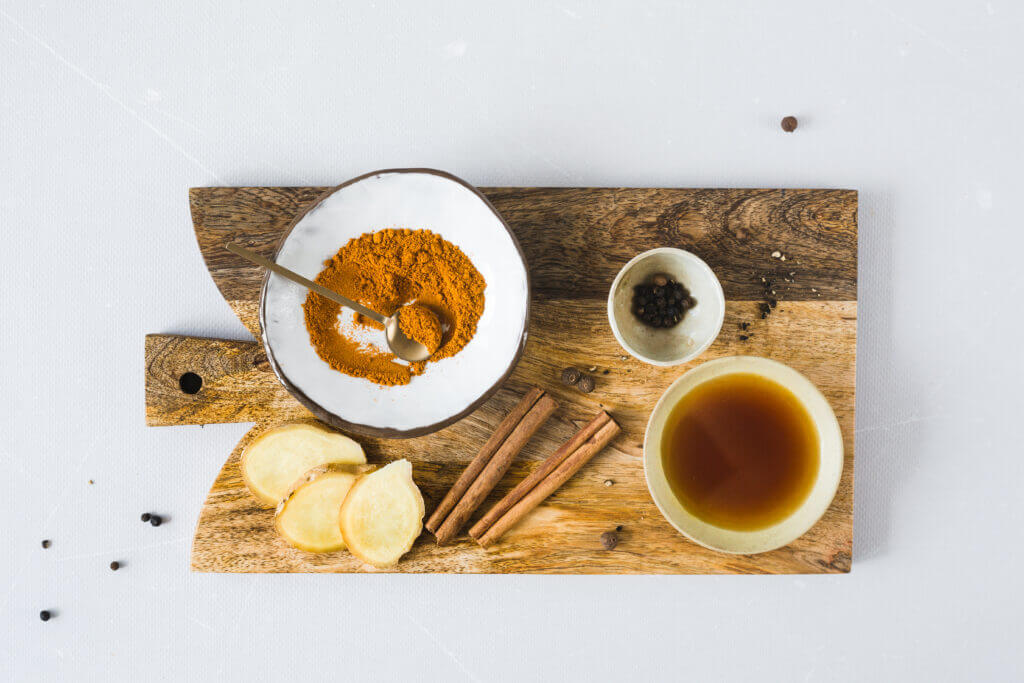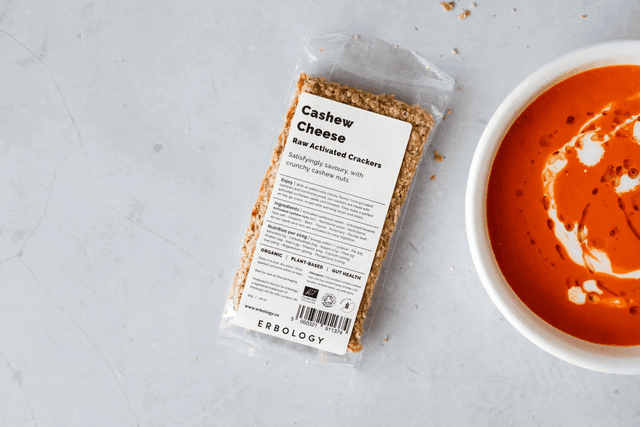19 Jul 2021
What is holistic medicine?
What is holistic medicine?
Holistic medicine is an approach to healthcare and wellbeing which takes into account the physical, emotional and even spiritual wellbeing of the patient.
It differs from clinical medicine as this tends to focus on one particular problem, or disease, at a time. For example, if a patient presents with an illness, clinical medicine would try identify and treat that specific problem. A holistic approach would try to look at the entirety of the patient’s situation and try and improve their overall wellbeing.
In the eyes of holistic medicine, healthcare isn’t something we should only roll out in response to an illness. Rather, it should be an important part of our overall lifestyle. Followers of holistic medicine believe that many health problems can be prevented by taking a proactive approach to wellness.
Hence, you should always be making an effort to take care of your health.
This can mean making sure you’re eating well, taking care of your mental health, or undergoing treatment for any specific problems that arise.

Is holistic medicine the same as complementary, alternative or integrative medicine?
Strictly speaking, holistic medicine is different from complementary, alternative and integrative medicine. Many people use the terms interchangeably, but there is a difference.
Complementary and alternative medicines both make use of treatments which ‘have origins outside of usual Western practice’, according to the US National Centre for Complementary and Integrative Health.(1)
However, as the names suggest, ‘complementary’ medicine aims to sit alongside mainstream health treatments. ‘Alternative’ medicine means to replace them entirely.
Some people refer to these two practices under the umbrella of ‘complementary and alternative healthcare and medical practices’, or CAMs.
‘Integrated’ medicine sits somewhere between complementary and mainstream medicine. It uses carefully selected parts of complementary medicine alongside ‘orthodox’ methods.
According to an article published in the British Medical Journal, the difference between integrative and complementary medicine is that ‘integrated medicine has a larger meaning and mission, its focus being on health and healing rather than disease and treatment.’(2)
You can think of complementary, alternative and integrative medicines as techniques, while holistic medicine is an overall approach. It might include elements of mainstream and non-mainstream medicine.
Why is holistic medicine popular?
This is a tricky question to answer. There are many individual motives which might draw someone towards holistic medicine.
There is limited data available at the reasons people choose to go holistic, but one survey from 1998 is quite illuminating. The researchers set out to test three hypotheses about why people turned to alternative medicine:
- They were dissatisfied with mainstream medicine
- They thought that alternative medicine would give them more control over their healthcare
- Alternative medicine was a good fit for their beliefs and world views.
The study found that the majority of participants chose alternative medicine because it fit in with their beliefs and world views.
Contrary to the stereotype that people who use alternative medicine are ‘hippies’ who reject science-based medical treatment, dissatisfaction with mainstream medicine was not a main reason for people to use alternative medicines. The vast majority of respondents (95.6%) used a combination of mainstream and alternative therapies.(3)
The survey also noted that alternative medicine users were likely to be more educated and consider themselves to be in generally poorer health than others.
Related reading



